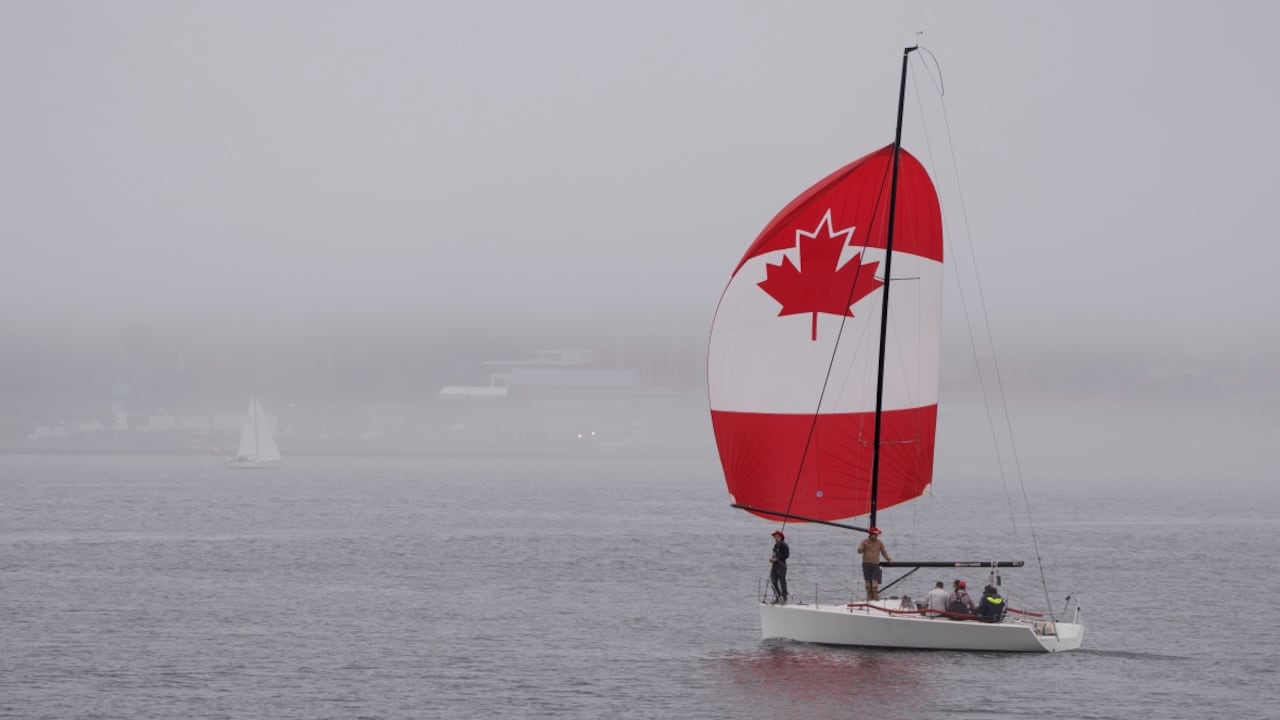Tesla Sued Over Fatal Cybertruck Crash: Door Design Blamed for Trapping Victims
Tesla is facing a lawsuit over a fatal Cybertruck crash in Piedmont, California, with the parents of two deceased college students alleging a design flaw in the door mechanism prevented their children from escaping the burning vehicle. The lawsuits, filed on Thursday, October 2nd, claim the electric door system failed after the crash, trapping the passengers inside.
The Piedmont Cybertruck Crash
The incident occurred on November 27, 2024, when a Cybertruck carrying four passengers crashed into a tree at high speed and subsequently caught fire. The driver, Soren Dixon, and two passengers, Krysta Tsukahara and Jack Nelson, died in the crash. Another passenger was rescued by a bystander who broke a window. The lawsuits allege that the fire caused the electric doors to fail, leaving the passengers with no means of escape.
According to court documents, the only way to open the rear doors from the inside after power loss is by locating and pulling a hidden cable underneath a rubber mat in the door's storage pocket. The lawsuits argue that this design is "obscure, non-intuitive and highly unlikely to be located or operated in the smoke and chaos of a post-crash fire," as stated in the lawsuit filed by Jack Nelson's parents, Todd and Stannye Nelson. They are being represented by the firm Walkup, Melodia, Kelly & Schoenberger.
Allegations of Design Flaws and Negligence
The lawsuits claim that Tesla was aware of the potential dangers associated with its electronic door systems for years before the crash, yet failed to implement adequate safety measures. They point to previous incidents and complaints filed with the National Highway Traffic Safety Administration (NHTSA) regarding malfunctioning doors in Tesla vehicles.
"For more than a decade before the crash, Tesla had repeated and direct notice that its reliance on electronic door systems created a serious risk of entrapment," the Tsukaharas' suit says.
Andrew McDevitt, a lawyer representing the Nelsons, stated, "It's just absolutely unforgivable. You know people have died and you continue to do it." Roger Dreyer, representing the Tsukahara family, added, "The design of this vehicle failed Krysta. There was no functioning, accessible manual override or emergency release for her to escape."
Wider Safety Concerns and Regulatory Scrutiny
The Cybertruck lawsuits come amid growing scrutiny of Tesla's door handle designs. The NHTSA launched an investigation in September into 2021 Tesla Model Y vehicles after receiving complaints about rear doors being unable to be opened from the inside. This investigation covers nearly 175,000 cars. Additionally, Bloomberg News reported on multiple cases of people being trapped in Teslas after crashes due to door malfunctions.
Tesla's chief designer, Franz von Holzhausen, acknowledged in September that the company is working on new designs to make doors easier to open in emergencies. However, the lawsuits argue that these improvements are long overdue. Other manufacturers, such as Ford, Toyota, and Stellantis, have implemented various designs to ensure doors can be opened manually in the event of a power failure.
The Victims and the Aftermath
The victims of the crash were identified as Krysta Tsukahara, 19, a student at the Savannah College of Art and Design; Jack Nelson, 20, a student at the University of Colorado; and Soren Dixon, 19, the driver. A fourth passenger, Jordan Miller, survived after being pulled from the vehicle by a Good Samaritan. A coroner's report indicated that Dixon was under the influence of alcohol, cocaine, and amphetamines at the time of the crash. The Tsukaharas are also suing Dixon's estate.
In a statement, Carl and Noelle Tsukahara, Krysta's parents, said, "Her death was preventable. She was alive after the crash. She called out for help. And she couldn’t get out." Todd and Stannye Nelson described the four young people as "close friends and outstanding individuals, each on the verge of making meaningful contributions to the world."
Potential Legal and Financial Implications for Tesla
These lawsuits represent another blow to Tesla's reputation, following a Florida jury's decision in August that the company should pay $243 million in damages for a crash involving its driver assistance system. Tesla has faced numerous other lawsuits related to safety concerns with its vehicles, often settling out of court.
The outcome of these lawsuits could have significant legal and financial implications for Tesla, potentially leading to increased scrutiny of its vehicle designs and safety features. The cases are Nelson v Tesla Inc. and Tsukahara v Dixon, both filed in the California Superior Court in Alameda County. Tsukahara’s case has been set for trial in February 2027.
 Visit the website
Visit the website






